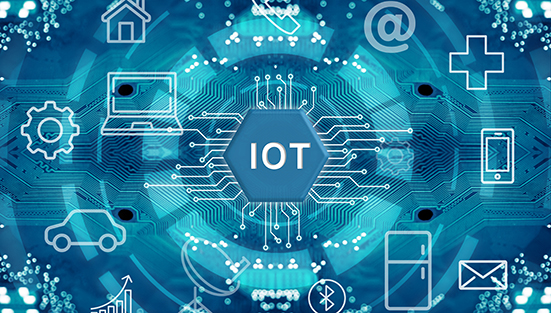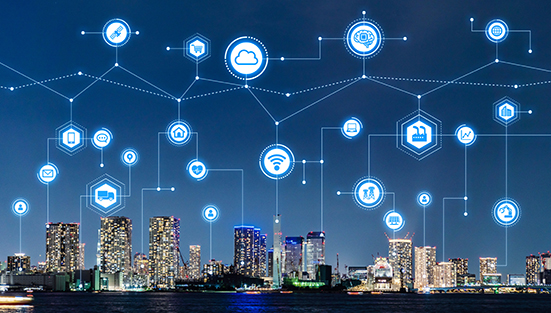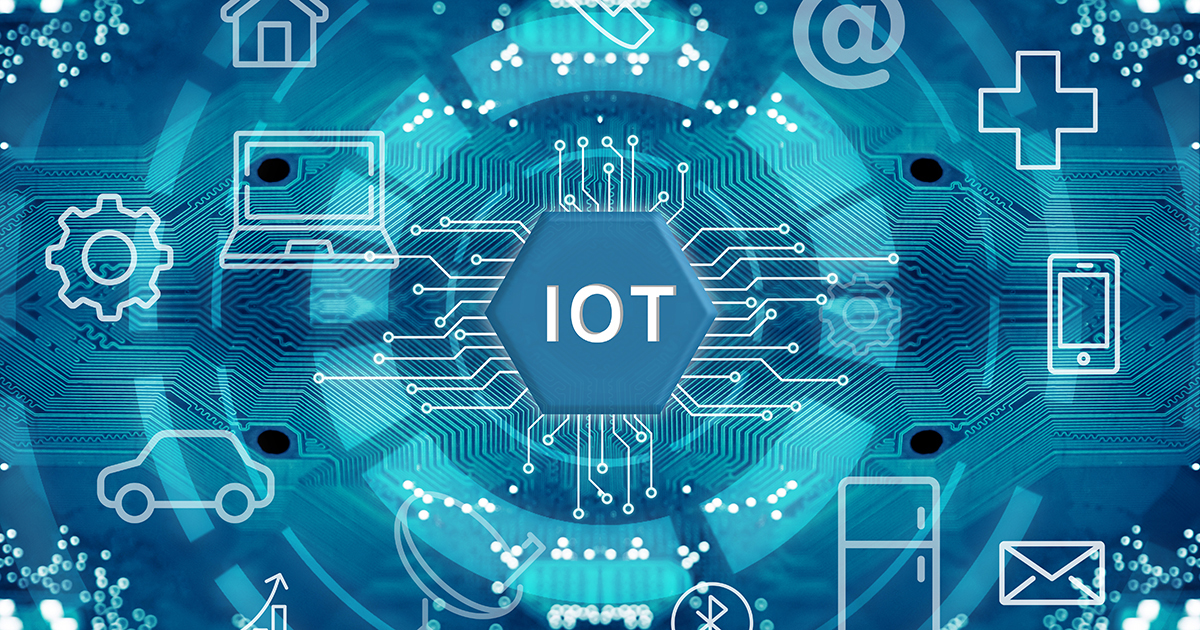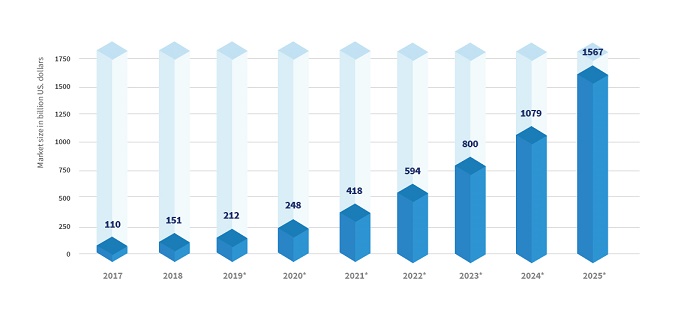How does the IoT really work and what is so unprecedented about it?

Simply put, the internet of things can be described as a network of physical things which further have sensors, software and other technologies fixed to them which allow for connections and data exchange with other systems and devices over the internet. The whole point is to bring the power of the internet to the world of tangible objects to facilitate data exchange on a global scale.
The IoT network has expanded from merely including consumer electronics devices like smartphones, security systems, intelligent speakers (Amazon Echo) to also include larger mechanical systems like smart cars, traffic lights, smart cities, etc.
How is IoT transforming the world around us?
At the core of IoT is the idea of interconnectedness which eventually leads to a more convenient, dynamic, and accessible ecosystem. What makes IoT truly incredible is how easily people can access and share data and information through a network of connected devices.
IoT enhances the consumer experience and helps save time and money. No wonder why companies and business leaders are investing in IoT technology. Here are a few examples of how IoT is changing the world:

-
Home automation
One of the biggest contributions of IoT tech is home automation. Imagine this - you can operate a smart IoT device in your home from anywhere in the world via the internet and a mobile application! How cool is that? With IoT, you can connect all your home appliances - fans, lights, entertainment systems, security system, washing machine, laptops, etc., and control everything from your smartphone!
-
Smart cities
Thanks to IoT, smart cities are a reality today. Through a web of connected devices, systems, and cities, IoT technology promises to make urban life more appealing. Smart cities offer a better quality of life to the citizens - on-demand transportation, enhanced waste management, seamless traffic management, better air quality, and much more. For instance, Barcelona has a data analytics-powered Wi-Fi information network with sensors that facilitates automated street lighting and remote-controlled irrigation. Similarly, Songdo, a city in South Korea is completely connected through IoT.
-
Healthcare
IoT allows healthcare providers to access patient data and deliver the right treatment promptly. Fitness trackers, wearables, and other IoT connected devices can monitor a patient’s vitals (heart rate, blood pressure, pulse beat, calorie count, etc.) and notify the doctor if anything goes off the charts. Then again, automated management systems help make hospital management a smooth sailing boat.
Is IoT a future skill?
In the upcoming years, IoT is posited to grow tremendously in size and in employment prospects. According to Statista, by 2025, the market revenue of IoT technology will reach 1.6 trillion dollars!
So, you can imagine how big IoT is going to be in the upcoming years. As more and more industries explore the nuances and benefits of IoT, it will create new job roles in this domain.
What does this mean?
It means that IoT is here to stay - it is undoubtedly one of the most lucrative future skills you can have in the present market. Anyone who wishes to grab this opportunity should upskill to master this emerging technology through professional courses. The best choice would, of course, be industry-aligned IoT courses. A professional course usually has a structured curriculum that will help you understand the mechanisms and applications of IoT technology, methodically.
Once you develop the right skills and knowledge, you can bag top job roles, including IoT Software Developer, IoT Infrastructure Architect, IoT Systems Administrator, Cyber Engineer, and Test Engineer.
Act fast and act now - endorse your skillset to transform your career graph!



